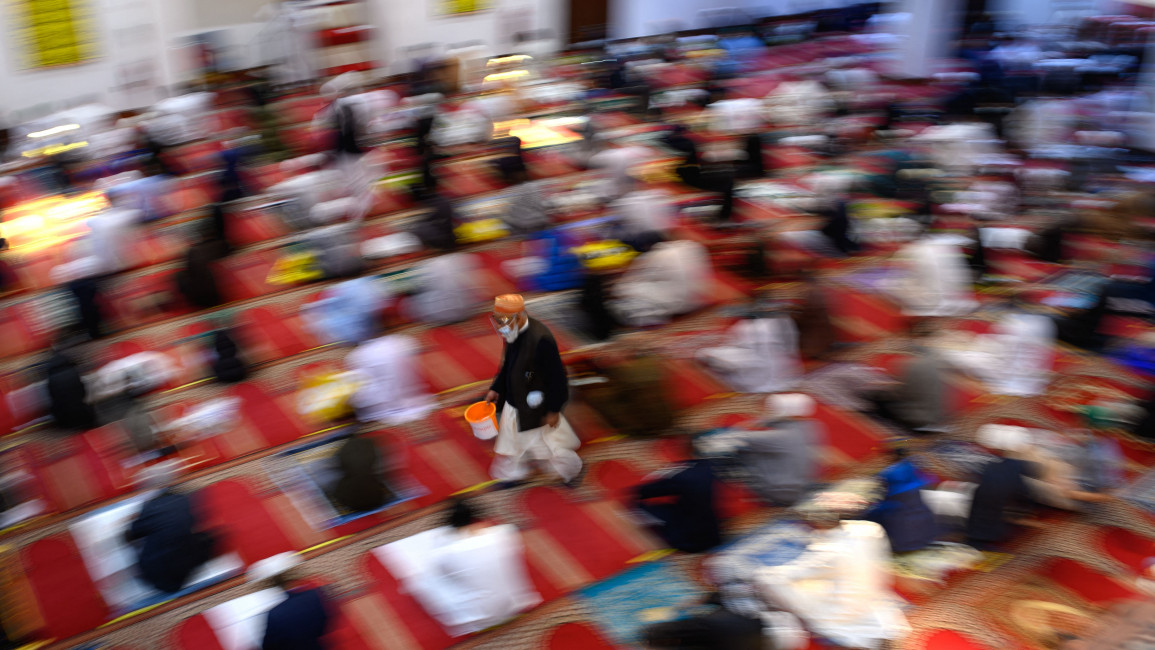Muslim schoolboy referred to UK Prevent for saying he wants to give 'alms to oppressed'
A Muslim schoolboy was sent to the controversial counter-radicalisation programme Prevent after his teacher allegedly misheard him say "arms" instead of "alms".
The teacher asked the primary school class what they would do if they inherited a large sum of money and the schoolboy said he would give "alms to the oppressed", according to the legal challenge the 11-year-old's parents have lodged against his school.
His teacher allegedly misheard "arms" instead of "alms", and referred him to Prevent.
Attiq Malik, a solicitor representing the boy's parents, told The Telegraph that the incident shows how damaging the government's anti-radicalisation programme is to Muslim children.
“You've got a child who has made a very good and positive comment about giving aid, alms, to the people who need it across the world, But because of race or religion, the teacher has interpreted it as being something completely opposite and reported him to Prevent,” Malik said.
The Prevent referral states that the boy "lives with mum and dad – attends a local mosque", according to the solicitor.
The boy’s parents said the referral affected their family life and mental health.
"This has had a massive impact on us as a family. My wife hasn’t slept properly since this happened," the father, an engineer, told The Guardian.
They are worried that the referral will stay on their son’s file and could be passed on to the grammar school he is due to attend in September. They expressed disappointment that the school had not discussed the referral with them first.
The headteacher of the school told The Guardian that it "would not be appropriate" to speak publicly about individual children, "but as a school, we do everything we can to keep all our pupils safe and well".
"We have a moral and legal responsibility to seek specialist advice from many different professionals as required," the headteacher said.
Civil liberties and rights groups, including Amnesty International, have long called for an independent review of the anti-radicalisation strategy. Activists and Muslim bodies say that Prevent has created an environment of fear and discrimination against Muslims.
Under the strategy, schools, NHS trusts, local authorities and prisons have a statutory duty to report concerns about individuals perceived to be at risk of radicalisation.
Recent figures show that just 11 percent of Prevent referrals were deemed to be legitimate radicalisation risks.

![Thousands gather in front of the Cannon House Office Building and the US Capitol to demand the US pressure Israel on a ceasefire in its conflict with Gaza. [Brooke Anderson/The New Arab]](/sites/default/files/styles/image_330x185/public/2023-10/393387495_710301464290105_8375393679399060035_n.jpg?h=ff8c3fa3&itok=WdtyAWP_)

